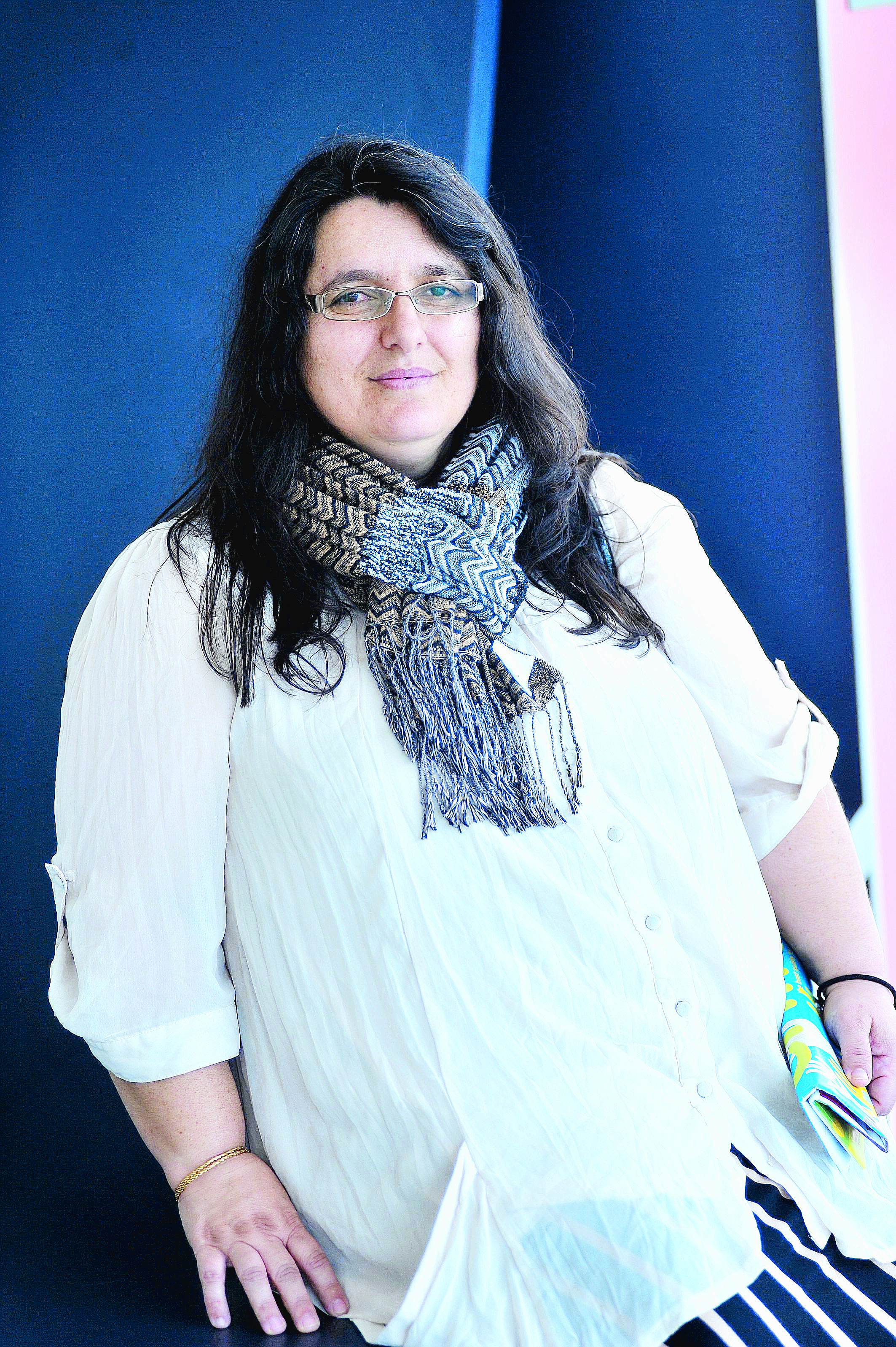
Pregnant women and women who have recently had a baby are being asked to volunteer for a study examining the affect pregnancy may have on how much a woman can lift as part of her everyday activities.
PhD student Nellie Buckley from the School of Health and Human Sciences at Southern Cross University said the project, entitled ‘Lifting capacity and technique in pregnant women compared to non-women’, was inspired by her concern that there was a lot of misinformation in the community about lifting during pregnancy.
“It is important that pregnant women are being given reliable information about what is, and what is not, safe. I’m really passionate about doing whatever I can to get good information out there for pregnant women so that they know, as far as physical activity goes, what they can and can’t do, and lifting is just the start,” Nellie said.
“Pregnancy is a time in a woman’s life where she can increase the number of fat cells easily and therefore readily gain weight. So you might see a situation where a woman becomes inactive during pregnancy as a result of misinformation and then gains more than a healthy amount of weight and this may not be good for her or the baby in the long term.
“So I am undertaking this research to determine what the right message is that should be being given to pregnant women in regards to lifting and I would be grateful to any women who would be willing to volunteer their time.
“I am looking for volunteers who are 12 weeks pregnant or more, through to women who have had a baby less than 12 weeks ago, who can attend the Southern Cross University campuses in either Lismore or at Tweed Heads and participate in one or more assessment consultations that will take about two hours.
“Participants will be asked to complete a ‘lifting capacity’ test to determine their ‘maximum acceptable weight’ for lifting. This process involves me monitoring: each participant’s heart rate; what their perception of how heavy the load is; and whether they feel they could lift more.
“I have been trained and accredited to conduct all of the tests participants will be asked to complete. The lifting capacity test is gradual, beginning at a low level and steadily becoming more difficult. If, at any time, the participant believes that she cannot safely or comfortably continue, the test is concluded as the maximum acceptable load has been reached.
“To carry out the research I will be testing women at three key points during and after pregnancy – at approximately 20 weeks and 36 weeks during their pregnancy and then at approximately 12 weeks postpartum.
“It is not necessary for participants to attend all three testing stages. They can participate as often as is practical for them and their stage of pregnancy. So, for example, if there are women who would like to volunteer who are past 20 weeks, they can still be tested at 36 weeks or 12 weeks postpartum.”
The study requires approx-imately 40 women in each stage to participate who are healthy and without any obstetric complications, aged between 18 and 45. The research project is already underway and will continue until mid-2012.
People who are interested in volunteering or would like to find out more about the study can contact Nellie Buckley via e-mail at nellie.buckley@scu.edu.au or telephone on 02 6620 3230.

